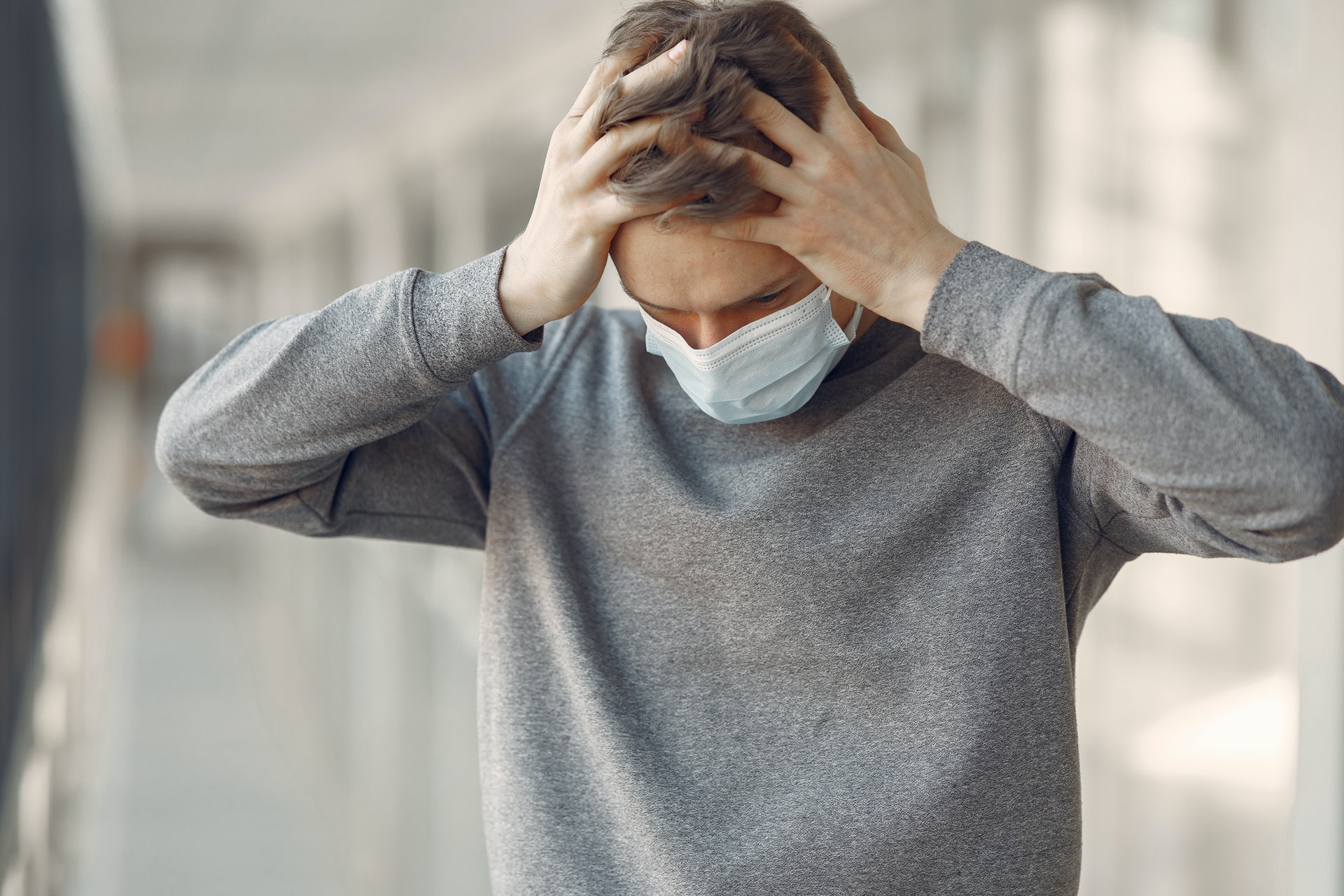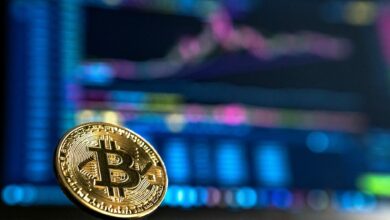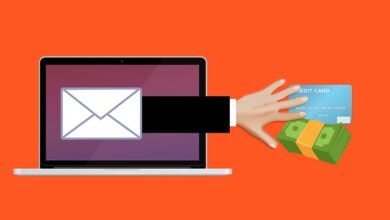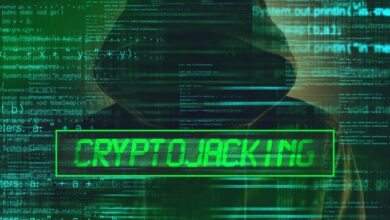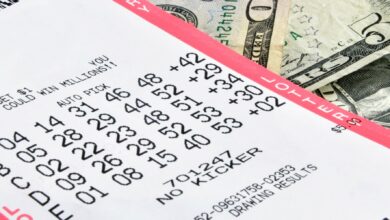There is, unfortunately, no question about the state of the American economy today. Tens of millions are unemployed, hundreds of thousands of small businesses are gone – many forever – as COVID-19 has laid waste to countless dreams.
In the initial aftermath of the crisis, Congress passed a major unemployment package designed to keep people afloat during the pandemic. Those benefits have since expired, and many Americans are now living on reduced unemployment benefits. Unfortunately, this tragedy has impacted them in countless ways. Here is a look at some of the specifics.
Many Americans found themselves in precarious financial positions long before this pandemic began. Yes, they were employed and had some sort of health care, but it likely wasn’t adequate, particularly if they faced any number of chronic conditions that required constant care or monitoring. The pandemic further hurt their situation by costing them their income, and quite possibly, their health care.
As a result of this pandemic, countless Americans were literally faced with this Faustian choice: Insulin or groceries. Furthermore, the timing couldn’t have been worse. Without access to care, many Americans delayed necessary medical visits, forcing them into situations where they only saw medical practitioners when it was absolutely necessary – and by then, it may be too late.
Indeed, one of the great tragedies of this situation is that there will be long-term consequences. Many have delayed preventative or routine care. As a result, by the time they see a doctor, the time may have passed for them to have taken any real action to address their medical issues.
Utility Shut Offs
Another way that reduced unemployment benefits damaged Americans is by threatening them with utility shut-offs. Dozens of states did issue temporary bans on utility shut-offs, stopping them from occurring during a state of emergency. This ensured that individuals were able to still have access to an array of publicly regulated utilities, including water, electricity, internet access, and more.
However, at least 26 states have no such protections or limited ones. As a result, individuals who live in these states may find themselves in situations where they lose access to critical services. This, of course, can create a vicious cycle, making them more likely to suffer from negative outcomes. Furthermore, if someone doesn’t have internet or phone access, it becomes much harder for that individual to get a job, thus damaging their long-term prospects to ultimately be able to become financially self-sufficient once again.
Eviction & Foreclosure
One of the most damning potential results of reduced unemployment benefits is the potential to result in additional evictions and foreclosures. A federal moratorium initially banned such actions, though these bans have since expired. Many states have, in turn, enacted such moratoriums: Pennsylvania, for example, has banned evictions through August 31. However, again, in dozens of states, tenants or homeowners may not be subjected to the eviction process. With reduced income thanks to a collapse in unemployment payments, countless citizens of America are unable to pay their rent or mortgage and face the prospect of losing their homes.
Of course, this could have devastating short and long term impacts for individuals and their family members. Even if and when someone is able to get back into some sort of housing, their lack of money from reduced unemployment benefits will hurt their credit score, making them less likely to be able to find high-quality housing and more likely to pay additional money in the form of increased interest cost on future borrowing.
Increased Debt & Reduced Savings
Thanks to reduced unemployment benefits, countless Americans have had to take drastic actions in order to survive. Many Americans have gone deeper into credit card debt in order to pay for necessities. They have also dug into their savings accounts, or at a bare minimum, reducing the amount of money they are putting into these savings accounts. Even if the crisis were to end tomorrow and things were to turn back to normal, many would be left with massive spikes in debt and depleted savings accounts.
As such, the connection is tragically clear: There is a direct line between reduced unemployment benefits and huge financial problems for countless Americans. Unfortunately, baring federal action, many Americans will simply find themselves in an untenable situation. They need real financial help – help only Congress and the President can deliver.
